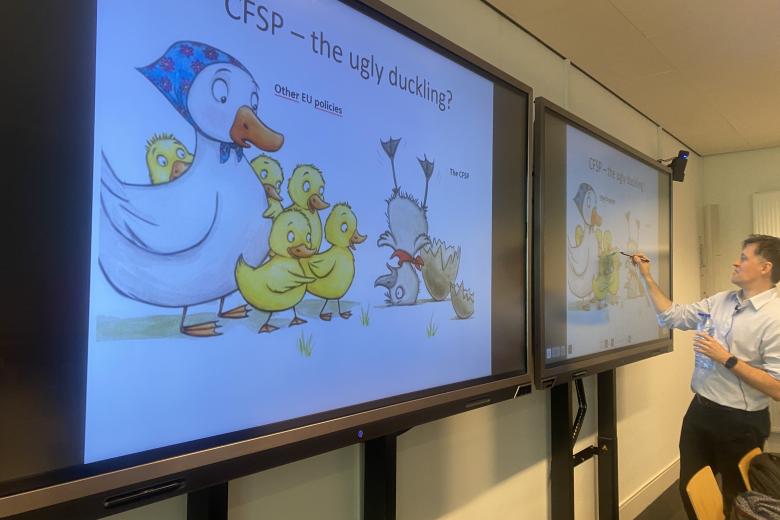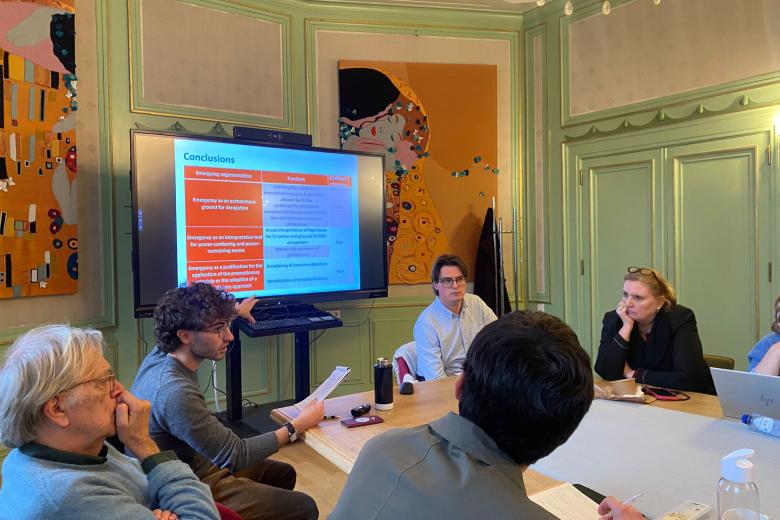Highly Mobile Workers and the Coordination of Social Security in the EU – Opening and Closing Pandora’s Box
Today, it is no longer unthinkable that a resident of Amsterdam works part-time for a French employerthat holds office in Brusselswhileworking two daysfrom home perweek next to having an own consultancy company.
In a globalizing world, national borders are frequently crossed. Moreover, flexibility is a key skill in the knowledge economy of the 21st century. Accordingly, an increasing number of workers can be labelled as ‘highly mobile’. Thia are persons that combine various forms of work (on-call contracts, employment agency work, platform- work, teleworking etc.) that are carried out in several countries.
In a European market in which free movement rights are considered fundamental, this research demonstrates that the current EU coordination instrument of social security may give rise to various issues of legal uncertainty for those highly mobile cross-border workers. This is problematic as this is not only cumbersome for administrative matters, but may also result in no or very limited social protection for the highly mobile worker.
With many forms of flexible work and work activities increasingly being performed in several Member States, it seems more important than ever to map out mobility-related issues that highly mobile workers may encounter and to explore possible routes towards more legal certainty regarding their social security protection. That is, exactly, what this research aims to attain.
Also read
-
Globalisation & Law Network seminar with Áine Ryall
On 24 November 2025, the Globalisation & Law Network, together with the Institute for Globalisation and International Regulation (IGIR) held the seminar with Professor Áine Ryall.
-
Guest Lecture: Lóránt Havas explores current challenges in the EU’s CFSP
Lóránt Havas delivered a guest lecture on the EU’s evolving CFSP, discussing key legal developments, institutional challenges, and new defence instruments.
-
Guido Bellenghi presents his latest article on emergency and the EU Court of Justice
Guido Bellenghi showcased his forthcoming study on how emergency arguments feature in the CJEU’s reasoning during his presentation at MCEL’s November Forum.